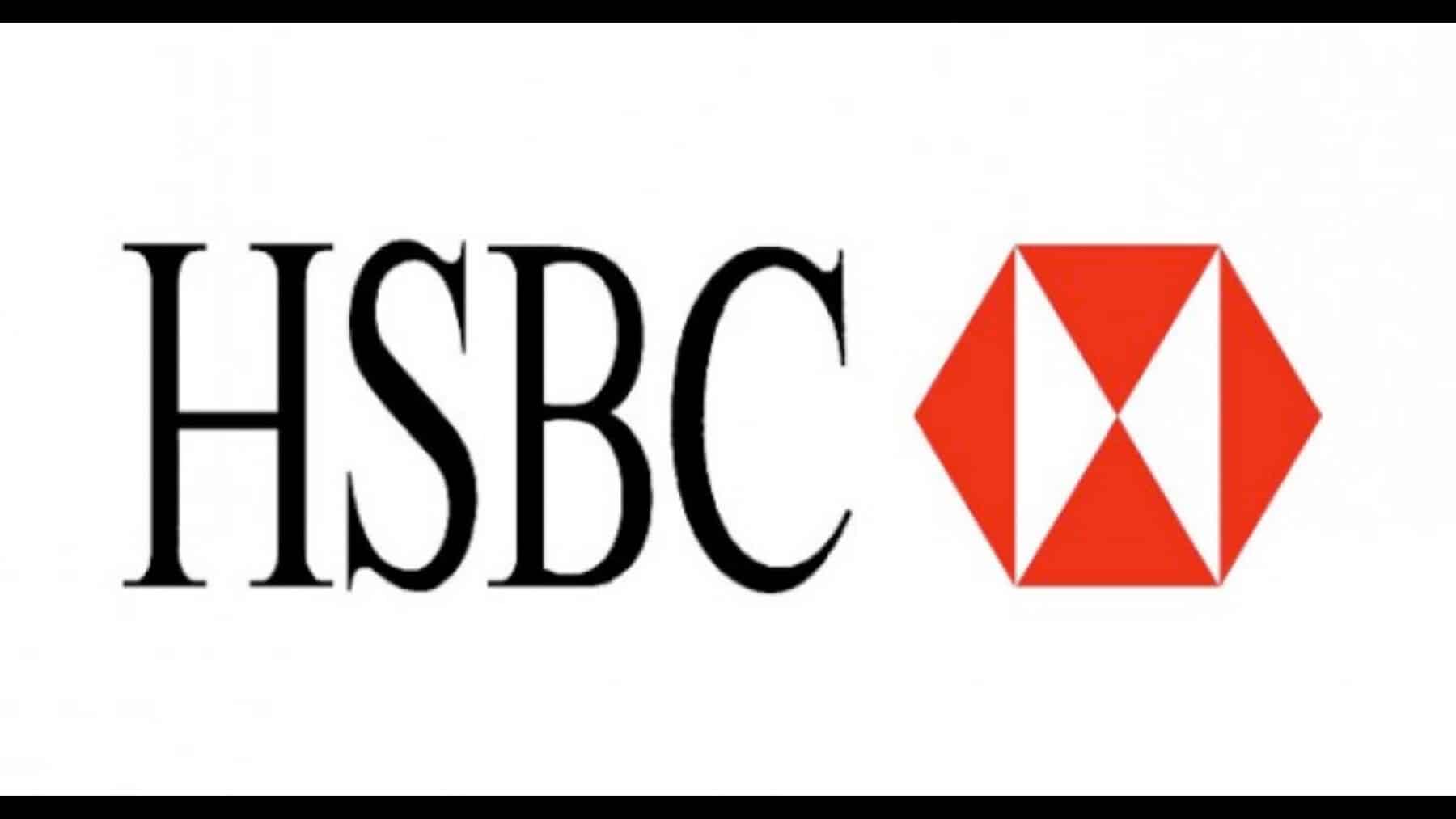A key committee in the Turkish parliament granted approval on Tuesday for Sweden's long-delayed bid to join NATO. The decision marks a significant stride forward for the Nordic nation in its accession process, which had encountered obstacles, primarily driven by opposition from Turkey and Hungary. This development comes against the backdrop of Russia's invasion of Ukraine in the preceding year.
Sweden's pursuit of NATO membership had faced prolonged delays, with opposition from Turkey and Hungary acting as stumbling blocks. Recently, complications arose when President Recep Tayyip Erdogan linked Sweden's NATO bid to Turkey's request for F-16 fighter jets from its ally, the United States, injecting a new layer of diplomatic intricacy into the situation.
The geopolitical landscape shifted when Sweden and Finland, both traditionally non-aligned in military affairs, abandoned decades of neutrality. Their decision to seek NATO membership followed Russia's invasion of Ukraine in February 2022, reflecting a strategic reassessment in the face of heightened regional tensions.
The approval from the Turkish parliamentary committee is a positive turn for Sweden, overcoming resistance and advancing its aspirations to become a NATO member. As the diplomatic intricacies unfold, the interconnected nature of international alliances is underscored, with the delicate dance between security concerns and diplomatic negotiations shaping the trajectory of nations in a rapidly evolving geopolitical context.
The move is expected to have broader implications for NATO's dynamics, reinforcing the alliance in a critical region while contributing to the ongoing recalibration of security arrangements in the aftermath of Russia's actions in Ukraine.




















